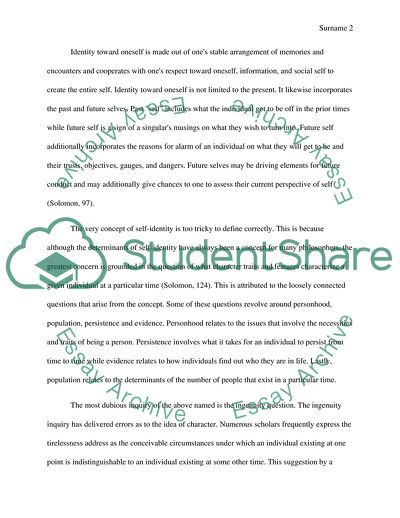Cite this document
(Self-Identity Essay Example | Topics and Well Written Essays - 1750 words - 1, n.d.)
Self-Identity Essay Example | Topics and Well Written Essays - 1750 words - 1. https://studentshare.org/psychology/1867735-self-identity
Self-Identity Essay Example | Topics and Well Written Essays - 1750 words - 1. https://studentshare.org/psychology/1867735-self-identity
(Self-Identity Essay Example | Topics and Well Written Essays - 1750 Words - 1)
Self-Identity Essay Example | Topics and Well Written Essays - 1750 Words - 1. https://studentshare.org/psychology/1867735-self-identity.
Self-Identity Essay Example | Topics and Well Written Essays - 1750 Words - 1. https://studentshare.org/psychology/1867735-self-identity.
“Self-Identity Essay Example | Topics and Well Written Essays - 1750 Words - 1”. https://studentshare.org/psychology/1867735-self-identity.


